15 Best PCOS Supplements & Vitamins: Definitive Guide

Related products
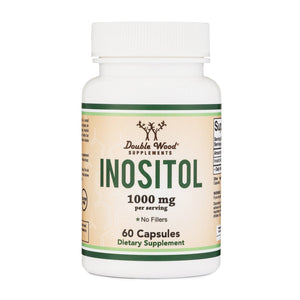
Polycystic ovary syndrome (PCOS) is a hormonal disease that influences ovaries and androgens. The data remains under-published. According to the NHS, 10% of women in the UK have PCOS, while according to WHO, up to 70% of cases of PCOS remain undiagnosed and up to 50-70% of people don't know they have the disease as there are no clinical signs.
Most women don't realise they have it unless there is trouble in conceiving. Consequently, the experts have estimated the actual number as 20%, making it one of the most prevalent reproductive disorders in women. The exact cause remains unclear, although it runs in families and is linked to people experiencing hormonal fluctuations.

During PCOS, many follicles or cysts develop on the ovaries containing underdeveloped eggs. There is no ovulation with absent or irregular periods. Depending upon goals and symptoms, many vitamins and supplements help rebalance the hormones and help relieve PCOS symptoms. However, supplements don't treat the issue. They are merely helpful in combination with other treatments, and consultation with a healthcare provider is necessary.
We explored the market and judged over 30 supplements to arrive at these supplements.
Best PCOS Supplements & Vitamins
The supplements and vitamins best for PCOS are;
Inositol
Inositol is a sugary alcohol with higher amounts in muscles and brain. It helps in PCOS by improving reproductive functions, helping in weight loss and regulating insulin levels. A meta-review Published in 2022 in Russia found its efficacy to be at par with metformin, an effective and gold-standard treatment for PCOS. Additionally, it has a lower risk of side effects. The clinical trials using as high as 4000 IU of Myo-inositol have noted benefits, e.g., regulation of oestrous cycles, restoration of ovulation and lower androgen levels. Adding 50mg of alpha-lactalbumin twice daily significantly improves the efficacy of inositol by causing more chances of ovulation.
Visit the Welzo information page to learn about the uses, side effects and interactions of Myo-Inositol.
Zinc
Zinc is not on the radar for people with PCOS, but many new studies have linked lower zinc levels to women with PCOS. Improving zinc uptake improves many frustrating symptoms associated with PCOS, e.g., excessive hair growth, hair loss and acne. These effects are because zinc inhibits an enzyme that converts testosterone into dihydrotestosterone (DHT). Many zinc supplements are available at Welzo that are easy to buy on our Vitamins and Supplements page. Visit it to review the products.
Vitamin D
Lower levels of vitamin D are associated with PCOS, and a study in India found that 67-85% of the females with PCOS have lower than normal levels of vitamin D. It maintains blood glucose levels, and its deficiency is a risk factor for PCOS. The higher doses of vitamin D, e.g., 400 IU for 12-week improve testosterone levels, blood glucose and lipids.
Additionally, vitamin D supports healthy pregnancy by working like progesterone, and it causes a decrease in endometrial thickness and improves the regulation of menstrual cycles. Vitamin D is studied only for 6 months, and more long-term studies are necessary to establish its effects.
We have Lamberts Vitamin D3 (4000IU) Capsules. Visit our page to buy it.

Omega-3
Omega-3 fatty acids, e.g., docosahexaenoic acid (DHA) and eicosapentaenoic acid (EPA), are found abundantly in dietary supplements and fatty fish, e.g., salmon. These fatty acids cause a significant improvement in the insulin sensitivity. Short-term studies have noticed these benefits, but more robust and long-term studies are necessary. Most studies used 900-4000 mg daily for up to 6 months. Most of the benefits noted are for females having PCOS in combination with other issues, e.g., hyperchromia and insulin resistance. Besides improvement in these parameters, there is little evidence on how it influences fasting blood sugar and testosterone levels.
Although Omega-3 supplements are not for women with PCOS, supplementation is helpful for women over 40 and with higher triglycerides. The side effects noted are mainly gastrointestinal and are stomach pain, diarrhoea, gas and nausea. The healthcare providers don't recommend taking Omega-3s for people using blood thinners, e.g., warfarin etc.
We have Lamberts Omega 3 Ultra Capsules. Visit our page to buy it.
Chromium
Chromium picolinate supplement has picolinate acid and trivalent chromium. This type of chromium is a trace mineral not prepared in the body. Evidence suggests that picolinate impacts period regularity, ovulation, blood glucose and insulin levels. For example, a randomised double-blind trial involving many people found that six-month supplementation with zinc picolinate increases the chances of ovulation, boosts menstrual regularities, and increases the fasting glucose to insulin ratio. Despite the evidence, the effect of chromium picolinate on PCOS is limited.
Welzo offers many different types of chromium supplements. Visit the page to learn more.
Magnesium
PCOS rarely comes alone and is accompanied by various other issues, e.g., obesity and insulin resistance. According to a recent study, around 80% of obese people with PCOS have insulin resistance, and 30-75% of people with PCOS have resistance. Insulin resistance causes type 2 diabetes and various other related issues. Magnesium is a cofactor for enzymes involved in glucose metabolism and type 2 diabetes, and lower magnesium levels cause a higher risk of heart disease and insulin resistance. It is better to take magnesium glycinate and citrate and preferable to avoid magnesium oxide. Welzo offers many magnesium supplements. Visit the Vitamins & Supplements page to learn more.
Vitamin B12
The research on long-term use of metformin at higher doses (1.5mg or higher daily) has noted a decrease in the levels of vitamin B12 in the body. The falling B12 level causes permanent neurological damage and associated poor energy and mood swings. The research has linked a 3-month use of metformin to B12 deficiency. Therefore, regular B12 monitoring is necessary for people taking B12.
The supplements with 100% DV of B12 are enough for routine use, although sometimes, a higher dosage is necessary. The best form of B12 with maximum absorption is methylcobalamin.

Berberine
Berberine is a natural isoquinoline alkaloid from Goldenseal and Oregon grapes. Clinical trials have investigated berberine alone and in combination with medications, e.g., metformin. In these trials, the berberine causes a decrease in lipids, and insulin resistance and improves ovulation. The efficacy of berberine with metformin is synergetic and causes an increase in the efficacy of each other. The quality and quantity of the included studies are, however, lower.
Welzo offers many Berberine-based products by Neuro Biologix, Klaire Labs, Thorne and Ecological Formulas. Visit the pages to review these products.
CoQ10
CoQ10 (coenzyme Q10) is an antioxidant present in the kidney, liver and heart. Supplementing a daily dose of 100mg for up to 12 weeks improves blood sugar levels and causes a decrease in LDL ("bad" cholesterol levels) in women having PCOS. A smaller study involving dozens of women with 200mg regular use for eight weeks noted an improvement in the inflammatory markers in obese and overweight women having PCOS.
Some users add it to prescription medications, e.g., Clomiphene, to make it many times more likely to achieve pregnancy than women without these medications. The side effects noted are diarrhoea, heartburn and nausea.
We have many similar products available. Buy CoQ10 (150 mg) Capsules from Welzo.
Ashwagandha
Ashwagandha shows many potential benefits for women with PCOS. It reduces inflammatory markers and causes an increase in insulin sensitivity, both of which favour an improvement in women with PCOS. The evidence for effectiveness in humans is limited yet, and the majority of the studies are on animal models at the cellular level.
In current studies, it reduces anxiety and stress, improves hormonal balance, lowers androgen levels, regulates the HPA axis, lowers inflammation by reducing proinflammatory cytokines, lowers oxidative stress, and improves gut health. It has benefits for menstrual regularities and combats female infertility, as studies have linked it to a higher rate of ovulation.
Curcumin
Curcumin occurs in turmeric, a spice used to flavour dishes. It is a natural medicine and has numerous benefits for PCOS. It influences the pathways of androgen receptors and lowers the expression of hormones, e.g., testosterone and stimulates ovulation. It improves the blood glucose levels in females with PCOS, resulting in lower fasting blood glucose levels and better response to the treatment than the placebo groups.
The clinical trials have used various doses of curcumin in the range of 80-500 mg daily and up to three times each day. Limited information about long-term effects is available as most studies take up to 12 weeks to complete. It causes adverse effects, e.g., allergic reactions, nausea and indigestion.
Visit Welzo to order Lamberts Curcumin Ultra Tablets and HealthAid Curcumin Tablets, both containing a high concentration of curcumin.

Melatonin
Melatonin is an antioxidant and a hormone produced by the brain's pineal gland that has many functions and is used in inflammation, boosting egg quality and improving fertility. The research to find out the link between melatonin and PCOS is still in the rudimentary stage, and a pilot study noted that the people taking 2mg melatonin daily for six months without any dietary and lifestyle changes experienced a significant decrease in LDL cholesterol levels, AMH levels, androgen levels and an increase in FSH levels.
Additionally, 95% of PCOS patients experienced an amelioration of the menstrual cycle. Still, more evidence is necessary to link melatonin to egg quality, inflammation and fertility. Talk to a doctor or a healthcare team for personalised help.
Fish oil
Fish oil is a healthy omega-3 fatty acid produced by oily fishes, e.g., anchovies, herring and salmon. Its powerful anti-inflammatory properties make it useful for use in PCOS. Taking a fish oil supplement causes lower cholesterol and insulin in women having PCOS. The fish oil contains two Omega-3s, DHA and EPA, with numerous known health benefits. In addition to eating fish at least twice a week, the experts recommend taking 1000mg of DHA and EPA each week.
N-Acetyl Cysteine (NAC)
The NAC improves fertility and many other aspects OF PCOS, e.g., insulin resistance, hypercholesterolemia and fatty liver, besides keeping immunity strong. NAC is an amino acid with antioxidant properties. More specifically, it is the precursor of an amino acid that the body uses to prepare glutathione, an antioxidant and stress reliever.
A study published in Iran compared metformin (500mg) with NAC (600mg) for 24 conservative weeks. Both these treatments cause a significant decrease in menstrual irregularities, fasting insulin, BMI, hirsutism and free testosterone. Likewise, many clinical trials compared metformin or NAC with Clomid in women with PCOS. In 2 of these studies, a combination of NAC plus Clomid resulted in better pregnancy ovulation.
Welzo offers NAC Capsules by New Beginnings that deliver 500mg of the drug per Capsule. Visit the page to order it.
Resveratrol
It is present in grapes and red wine, has many health benefits and helps to improve the reproductive and metabolic aspects of PCOS. It has anti-ageing, cardioprotective and anti-cancerous properties. Moreover, it is rich in polyphenols and other antioxidants that boost the potential to fight inflammation and reduce insulin and cholesterol.
A double-blind study in the USA noted that a 1500 mg daily dose of resveratrol for three months causes a 22% decrease in the DHEA sulphate levels and a 23% decrease in total testosterone levels. Likewise, the women using resveratrol experienced an improvement in insulin levels. All these factors led to an improvement in the PCOS profile.
Frequently Asked Questions
What are the most effective pills for PCOS?
Many pills ensure relief from PCOS. These include Clomiphene (the anti-oestrogen medication taken orally during the initial stages of PCOS), metformin, gonadotropins and letrozole (the breast cancer treatment that stimulates the ovaries).
How to cure PCOS permanently?
Currently, no permanent cure is available for PCOS, but many things cause a woman to lead an active and healthy lifestyle. It requires proper health management and adopting an active lifestyle. Medications like Clomiphene cause ovulation. If it fails, metformin and others are used.
Which vitamin deficiency is associated with PCOS?
The deficiency of vitamin D is associated with PCOS, and its supplementation has multiple anti-disease effects. It is necessary to consult a healthcare provider for supplementation.
Which foods are not best for PCOS?
Many foods need to be avoided with PCOS. These include fried foods (fish, fried chicken, corn chips, potato chips and french fries), saturated fats, e.g., margarine and butter, red meat and processed snacks, e.g., pies, candies, candies, cookies and cakes.
Which exercises are effective for PCOS?
Pilates, Tai chi and yoga are effective mind-body workouts that burn calories and lower stress levels that cause PCOS. Likewise, strength training is also helpful.
Is it possible to get pregnant with PCOS?
Yes, it is possible to get pregnant while having PCOS. The women need to have moderate weight, lower blood glucose levels, adopt healthy lifestyle changes and take medications regularly. In some cases, fertility medications help a person achieve pregnancy. If they don't work, IVF treatment is recommended.

Bottom-line
Vitamins and supplements have a critical role in the management of PCOS. The supplements, e.g., N-acetylcysteine (NAC) and inositol, reduce oxidative stress and help you regulate insulin levels. The Omega-3 supplements reduce inflammation and improve insulin sensitivity. Likewise, women with PCOS have lower vitamin D and need it for metabolic and reproductive health.
Other supplements like magnesium and chromium help regulate hormonal levels and improve blood sugar control. However, consultation with a healthcare provider before starting a supplement regime is necessary to account for individual needs and take care of the medications and their interactions.
To understand PCOS, its causes and symptoms, visit the Welzo information page. If you are interested in the dieting plan for PCOS, click here.



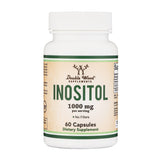
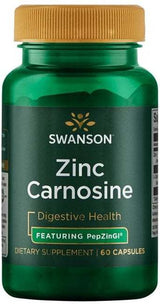
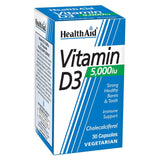
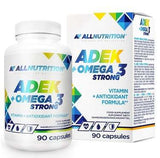
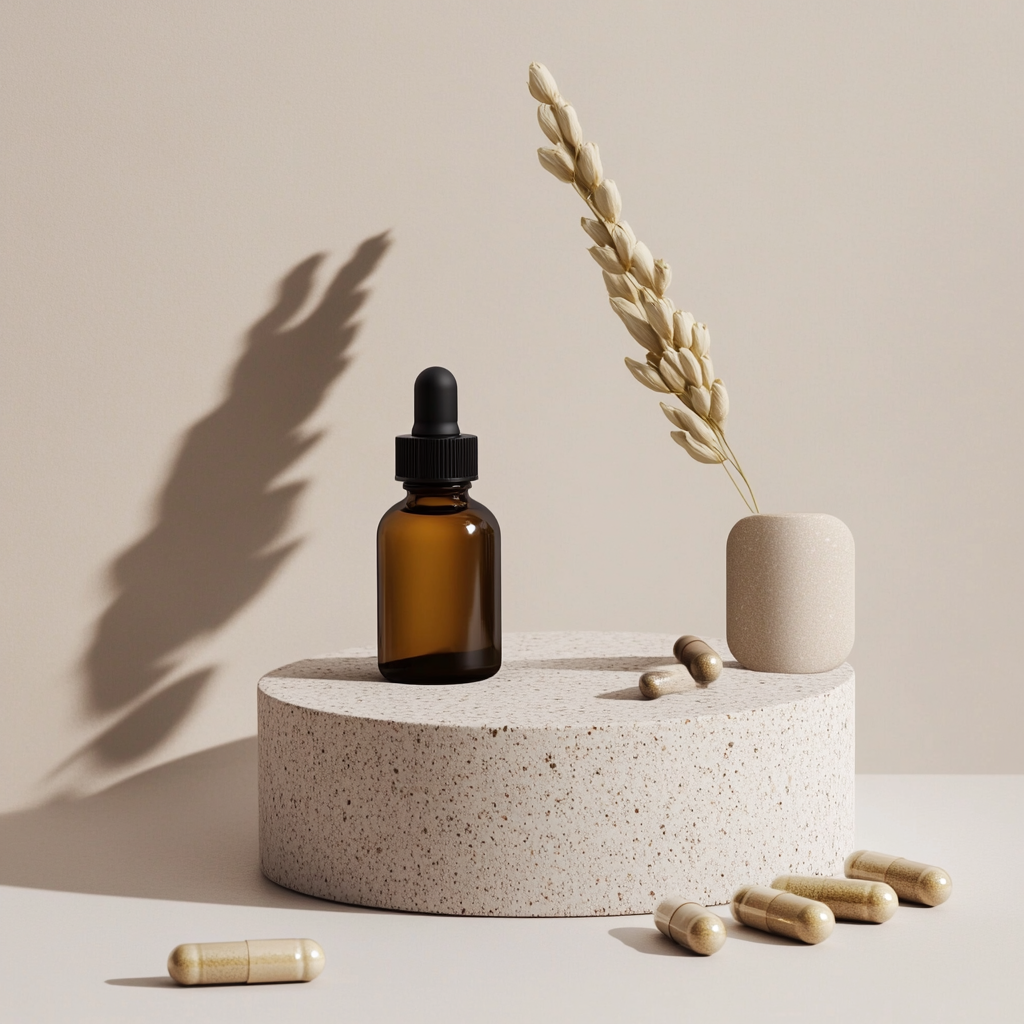
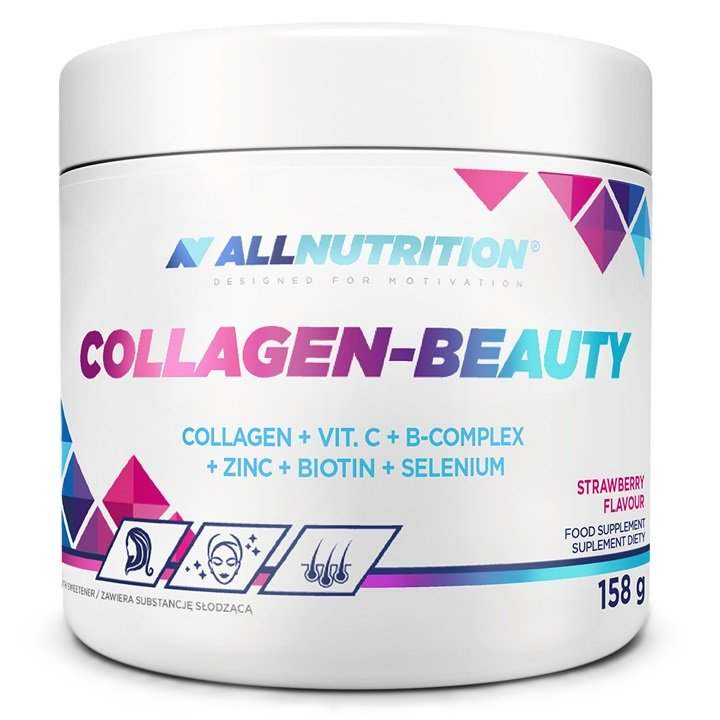

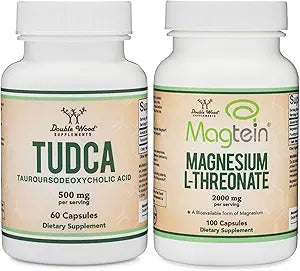
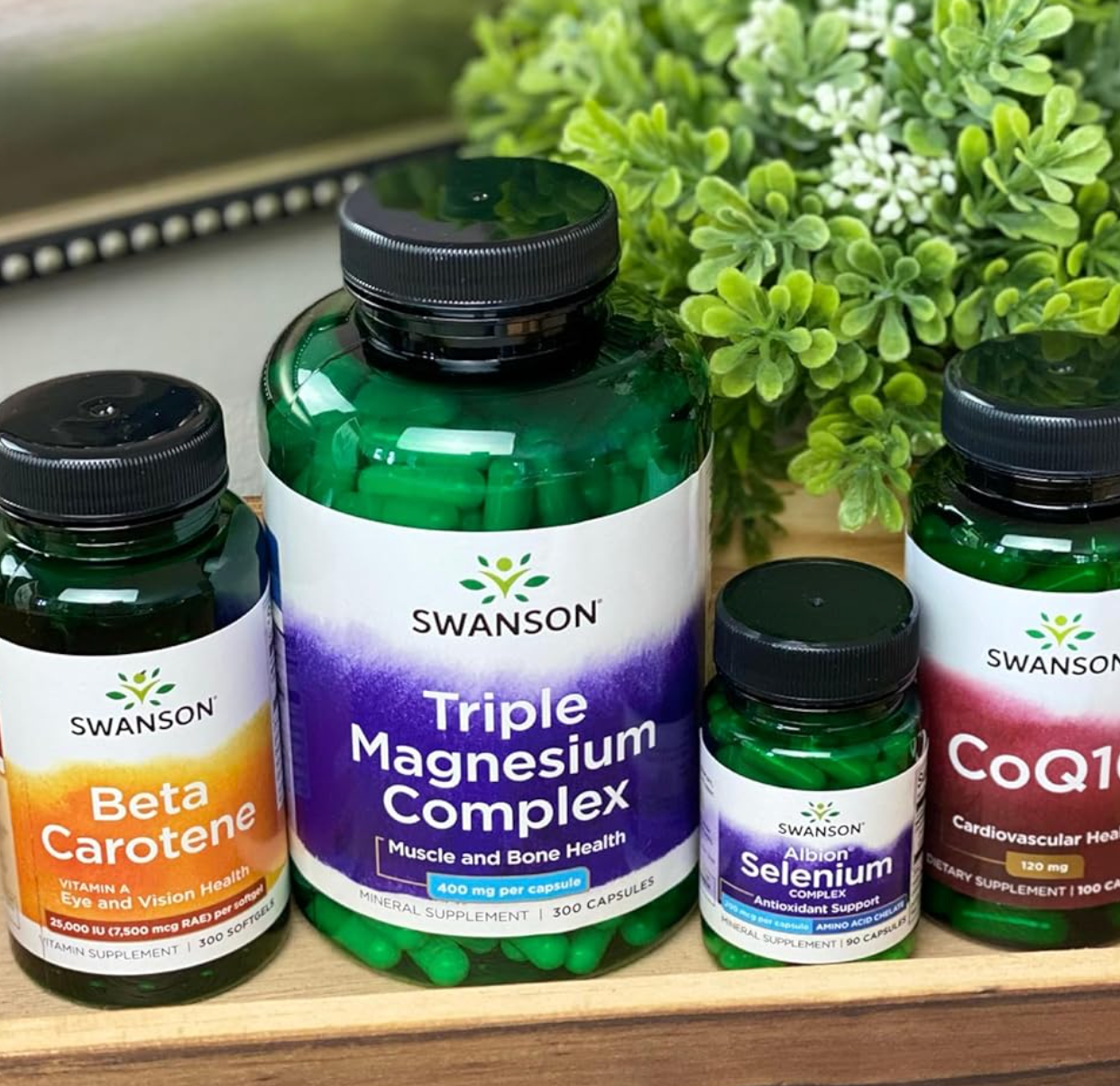
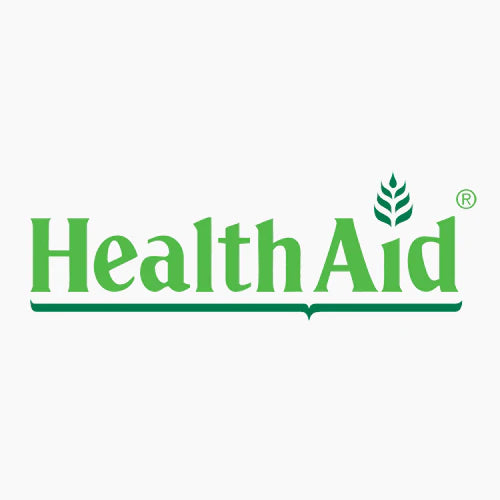
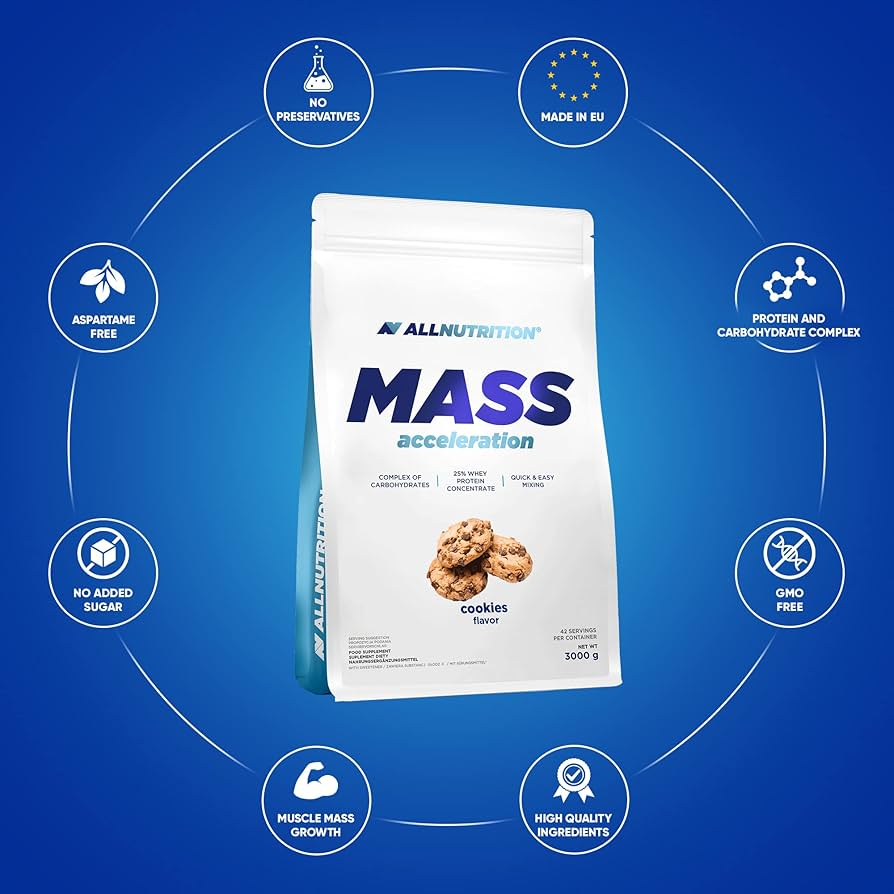
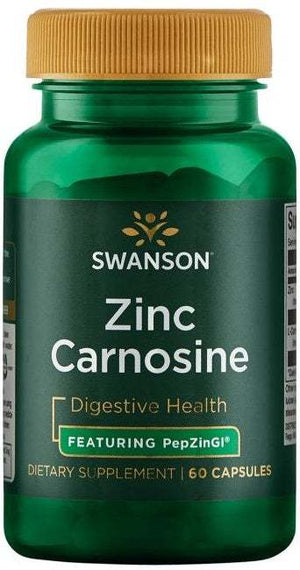
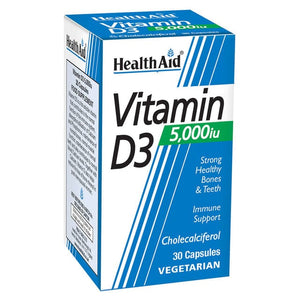
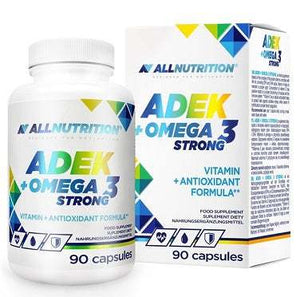







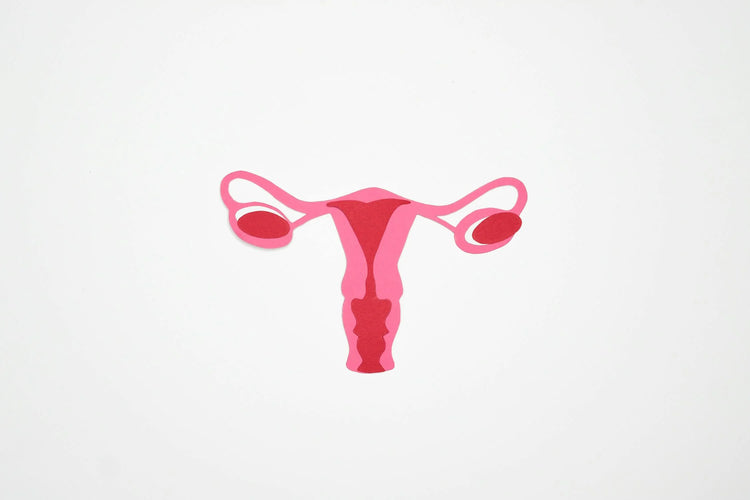

 Rated Excellent by 26,523+ Reviews
Rated Excellent by 26,523+ Reviews